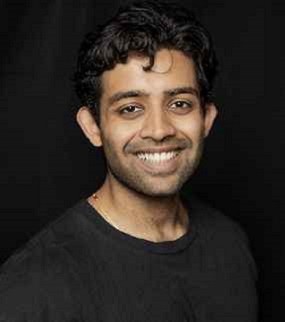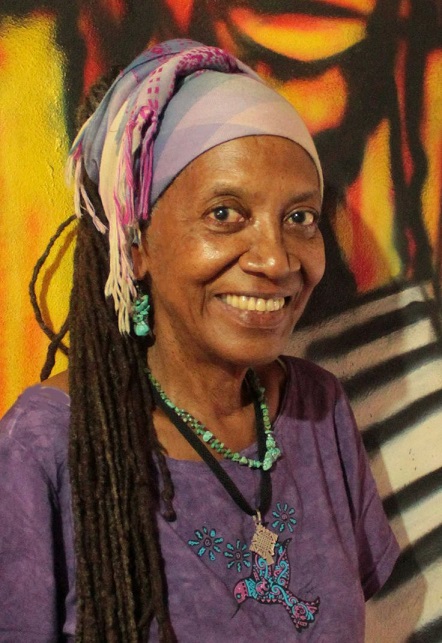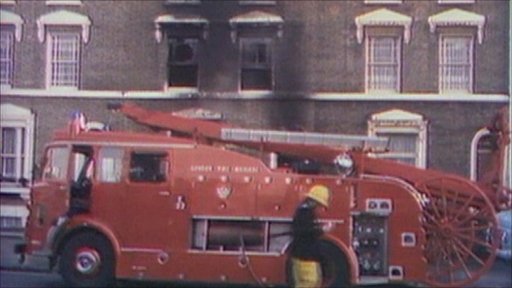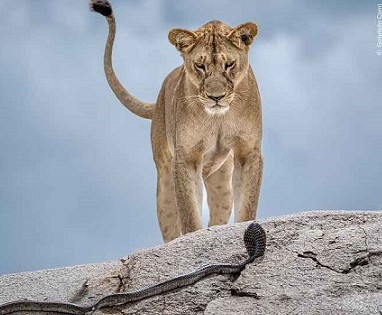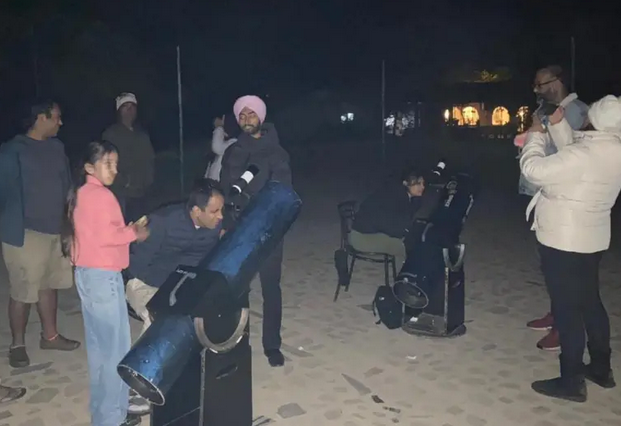Best-known for her promotion of the Rastafari culture and History, author and journalist Barbara Makeda Blake-Hannah is also a politician, film maker, festival organiser and cultural consultant.
A woman of immense excellence and presence, as one of the first Black figures to be an on-camera reporter and interviewer on British television, when, in 1968, she was employed by Thames Television's evening news programme ‘Today’, she was subsequently sacked because viewers complained about having a Black woman on their screens.
Born in Jamaica, she later returned to homeland before becoming an independent senator in the country’s Parliament - between 1984 and 1987. Blake-Hannah also read television news bulletins and wrote for a monthly news magazine, which was managed by her father, Evon Blake, founder of the Press Association of Jamaica.
She originally arrived in Britain in 1964 to work as an extra on the 1965 film ‘A High Wind in Jamaica’, before, in the next few years, writing for The Caribbean Times, West Indian World, The Sunday Times, Queen and Cosmopolitan. Barbara was then appointed as a reporter on ‘Today', which, at the time, was presented by Eamonn Andrews. Whilst there, she interviewed the UK’s then Prime Minister, Harold Wilson, and actor Michael Caine.
Within months, though, she was dismissed without formal explanation, although her producer said the company was under pressure from a negative response from viewers for them having a Black woman on television. It was further said that the station was getting calls from viewers, who were telling them to "get the ‘n……r’ off the screen".
Blake-Hannah went on to work for ATV (now Central) in Birmingham, but was unable to find a hotel that would allow her to stay. She had to commute from London each day until she found a room at the YWCA in the city.
She was deliberately kept away from the studio on a day when Enoch Powell was being interviewed. Following this, she worked as researcher on the BBC's documentary series Man Alive, before, eventually, her returning to Jamaica, where, as one of her first jobs back, she was a Public Relations officer on the classic film ‘The Harder They Come’.
Following its success, Barbara then had a successful career as a film-maker, as well as also being an independent senator in Jamaica’s parliament - from 1984 to 1987 – during which, she became the first Rastafarian representative there.
She has written several books, including a 1982 account of the Rastafarian religion, and produced several more films, including a documentary for Britain's Channel 4, Race, Rhetoric, Rastafari (1982). Blake-Hannah's 1982 memoir Growing Out: Black Hair and Black Pride in the Swinging Sixties charts her life and career in Britain.[3]
Her son, Makonnen David Blake Hannah, was appointed in 1998 aged 13, as a youth technology consultant by the then Minister of Commerce and Technology, Phillip Paulwell, and himself creating history by being the youngest consultant to ever appointed by the Jamaican government.


